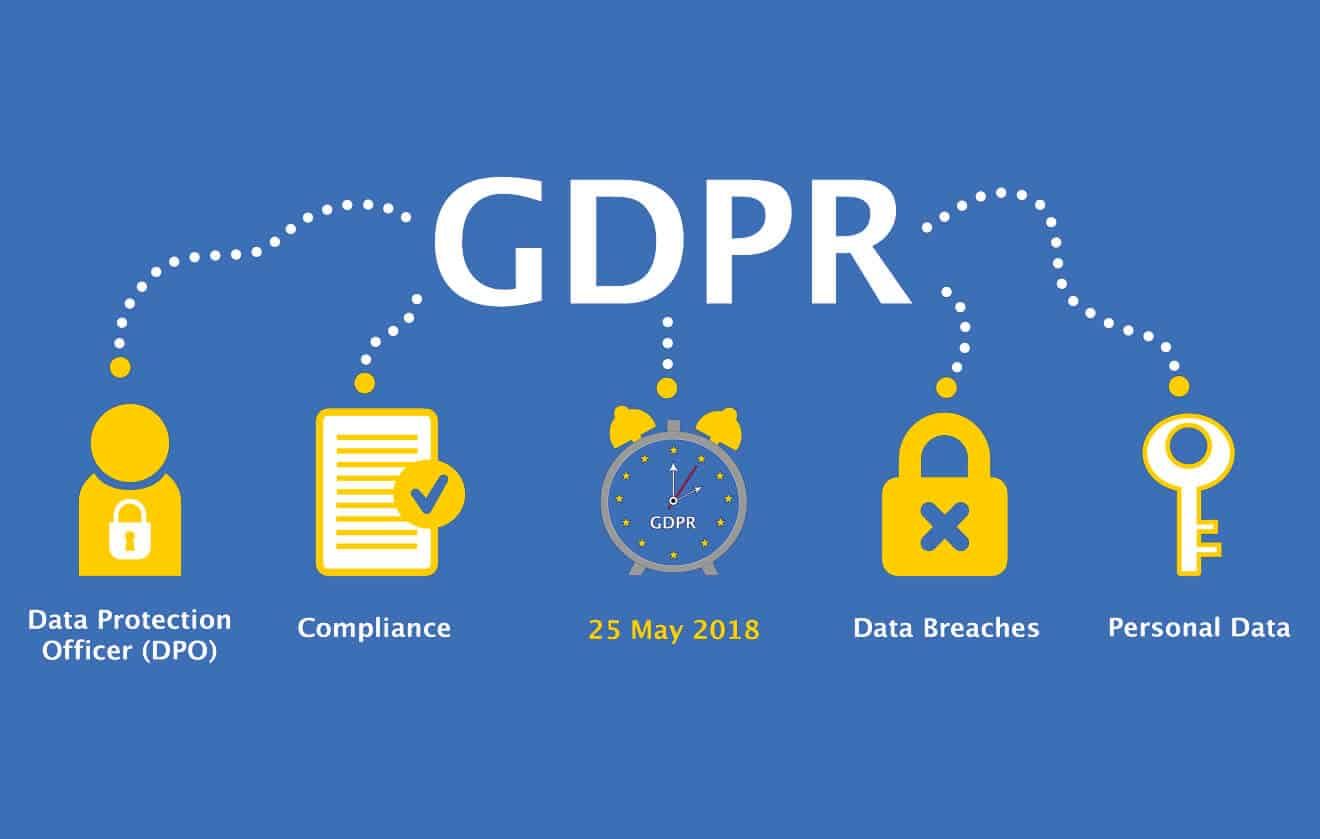In today’s digital age, where data has become the new currency, ensuring data privacy and compliance with regulations is paramount. With the implementation of the European Union’s General Data Protection Regulation (GDPR), businesses have been compelled to take a closer look at how they collect, use, and store user data. In this article, we will explore the significance of data privacy and GDPR compliance in the tech industry, and how businesses can effectively safeguard users’ information.
1. Understanding Data Privacy:
With the proliferation of technology, user data has become more vulnerable than ever before. Data privacy refers to the practice of securing individuals’ personal information, ensuring that it is collected, processed, and stored in a manner that respects their rights and maintains its confidentiality. In the tech niche, where companies are constantly gathering user data for various purposes, prioritizing data privacy is crucial to earning users’ trust.
2. The Role of GDPR:
The General Data Protection Regulation (GDPR), implemented in May 2018, is a landmark legislation that sets the benchmark for data protection and privacy rights across the European Union (EU). Its primary objective is to empower individuals with control over their personal data and hold businesses accountable for their data handling practices. Although the GDPR is specific to the EU, its impact extends globally, as any company handling EU citizens’ data must comply with its provisions.
3. User Consent and Transparency:
One of the fundamental principles of GDPR is obtaining user consent. Businesses can no longer assume consent but must actively seek permission to process personal data. Consent requests should be clear, easily understandable, and separate from other terms and conditions. Transparency is equally vital, requiring organizations to inform users about how their data will be used and any third parties involved in the processing.
4. Data Minimization and Purpose Limitation:
To comply with GDPR, businesses must adopt a data minimization approach. This means collecting and storing only the necessary data relevant to the intended purpose. Collecting excessive data beyond what is required is no longer acceptable. Purpose limitation focuses on using data only for the specific purpose for which consent was obtained, preventing any unauthorized secondary uses.
5. Ensuring Security and Accountability:
Tech companies must implement appropriate security measures to safeguard user data from unauthorized access, loss, or damage. Encryption, secure storage systems, and firewalls are just some examples of methods to protect data. Additionally, organizations are required to maintain comprehensive records of their data processing activities, ensuring accountability and demonstrating compliance with GDPR regulations.
6. The Right to Access and Erasure:
One of the key user rights under GDPR is the right to access their personal data. Individuals have the right to request information about the data collected and processed by a company, as well as the purpose for which it is being used. Moreover, users have the right to request the erasure of their personal data, also known as the “right to be forgotten.” Businesses must establish processes to handle such requests promptly and efficiently.
7. Handling Data Breaches:
In the event of a data breach that may impact users’ rights and freedoms, companies are obligated to notify the relevant supervisory authorities within 72 hours of becoming aware of the breach. Additionally, affected users must be informed without undue delay when the breach poses a high risk to their rights and freedoms. Implementing robust security measures and establishing incident response protocols are crucial in preventing and responding to data breaches.
Conclusion:
In the tech niche, where data is at the core of business operations, prioritizing data privacy and GDPR compliance has become essential. By respecting user consent, ensuring data minimization and purpose limitation, implementing robust security measures, and fulfilling user rights, businesses can effectively safeguard user information. Adhering to GDPR regulations not only builds user trust but also contributes to a safer and more conscientious tech ecosystem. As the tech industry continues to evolve, data privacy and GDPR compliance must remain at the forefront of business strategies.

